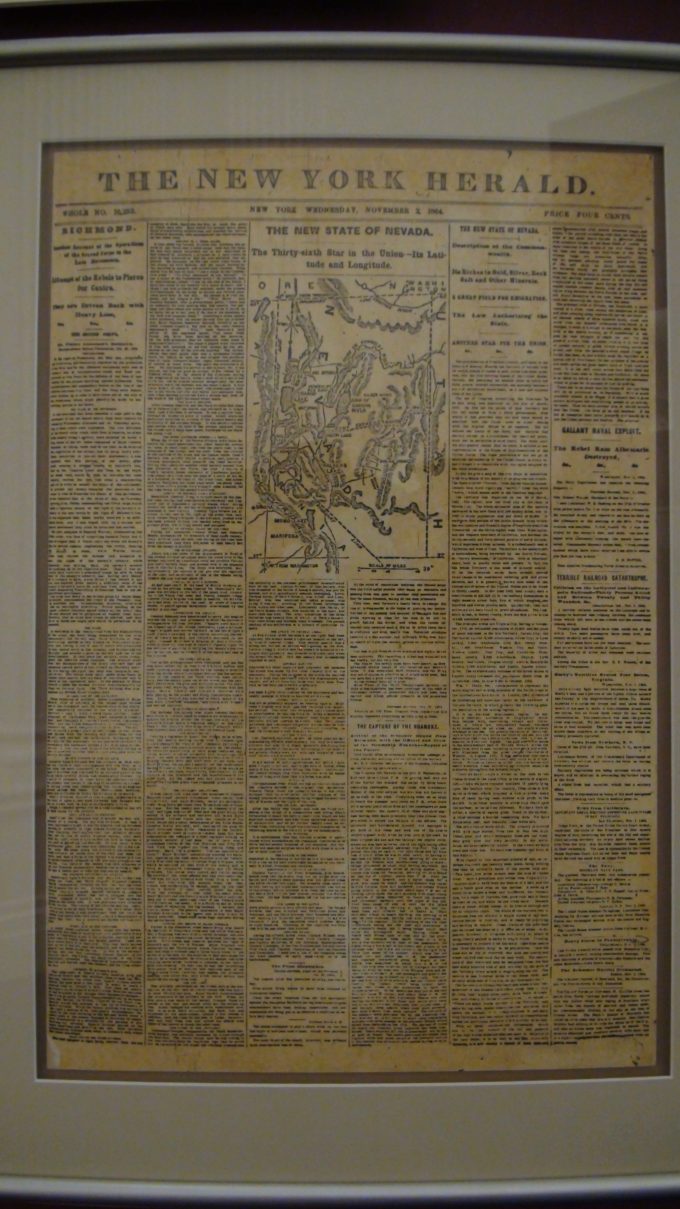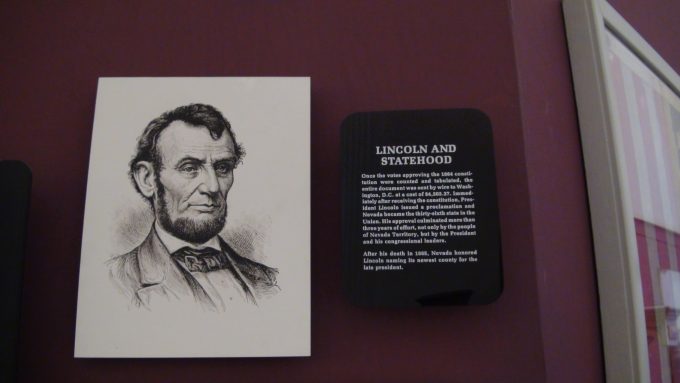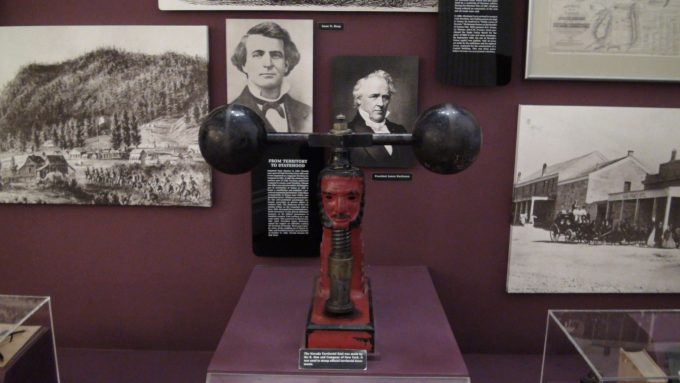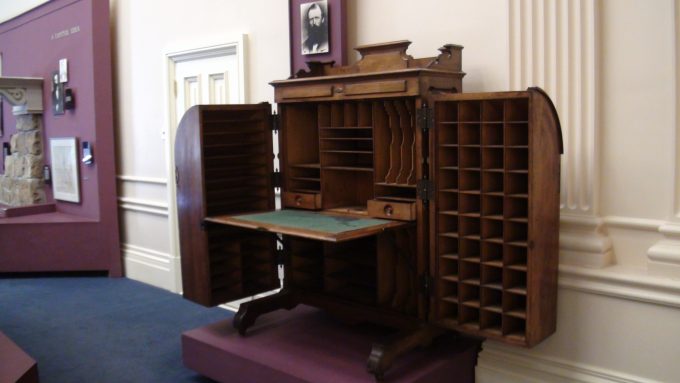
Thursday, 27 September 2018
…again He designates a certain day, saying in David, “Today,” after such a long time, as it has been said:
“Today, if you will hear His voice,
Do not harden your hearts.” Hebrews 4:7
The author continues his logical presentation of the sequence of events leading up to the rest which is promised to Israel. Again, it must be remembered that there is individual rest, and there is a rest provided to the collective body. The individual rest is the assurance granted to a person when believing in the finished work of Christ (verse 4:3), but Israel has still been promised rest as well. He now continues with that thought with the words, “again He designates a certain day.”
The rest was promised, but the psalmist shows that Israel failed to attain it. That is seen in the words of Psalm 95:11 –
“So I swore in My wrath,
‘They shall not enter My rest.’”
However, before having said that, and while speaking to Israel directly, the psalmist says, “Today, if you will hear His voice.” A new day is being designated. In essence, “Listen all of you, your fathers disobeyed and I did not allow them the promised rest. However, Today is a new chance! Heed the voice of the Lord, for the rest is yet ahead!”
This promise of a new “certain day” came through the hand of David. As it says, “saying in David.” If you will take a moment and go back to the 95th Psalm, you will see that no author is named. And yet, the author here in Hebrews, based on the Greek translation of the Old Testament, says that it was David. Before going on, make a pen and ink note in your Bible above the psalm saying, “David is the inspired author according to Hebrews 4:7.”
Understanding this is at the time of David, many hundreds of years after Israel’s entrance into Canaan (a bit more than 400 years from that time, and about 3000 years since the creation after which God is said to have rested), our author then says, “after such a long time, as it has been said.” He will now cite the psalm which came so much later than the Exodus, showing that the promise of rest still remains. It was not laid hold of by Israel in the past, and the promise has not been revoked by the Lord. Though Israel failed, God remains faithful. This is then seen with the words being cited from Psalm 95:7, 8 –
“Today, if you will hear His voice,
Do not harden your hearts.”
David could not say this concerning an issue which did not exist. If the promise to Israel was revoked, he could not have spoken of Today in relation to the past, yet unfulfilled, promise. But he does. “The promise was not attained, however, Today it is still open! Pay heed! Hear the voice of the Lord! The rest is yet ahead! Today is not yet over!” If Israel fails to heed, they too will again not enter into His rest. When they do, they will finally attain that which has so long been kept from them.
Life application: Let us logically look at the issue of rest for Israel. 1) What is the promised rest offered to them? It is rest resulting from having faith in Jesus as their Messiah. 2) Did Israel receive Him as such? No. Individually, many Jews did, but as a nation, they did not. They were dispersed and punished for rejecting Him. 3) Does the promise still stand? Yes, it must because the author of Hebrews says, “Today.” It is a day which any can come to Christ individually, and so the church has taken it as such for 2000 years. However, the promise is to Israel in the psalms, the promise is repeated to the Hebrews in the book of Hebrews, and the placement of Hebrews after the Gentile-led church-age epistles indicates that it is still open to them collectively at some future point, included in the word, “Today.” When you pray, be sure to pray for Israel. Pray that they will call on the Lord and enter His rest while it is still Today.
Lord God, there is a story of love, hope, grace, mercy; and of wrath, punishment, exile, and restoration all tied up in one group of people, Israel. Throughout their history, they have wandered away from You, breaking the covenant and rejecting Your word. And yet, You have been faithful to keep Your side of things, maintaining them and preparing them for a glory which lies yet ahead. In Your faithfulness to them, we can be assured of the same for each of us. What comfort we can take in this! Thank You, our ever-faithful Lord. Amen.




